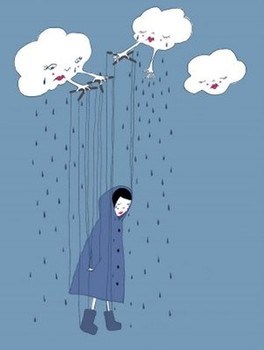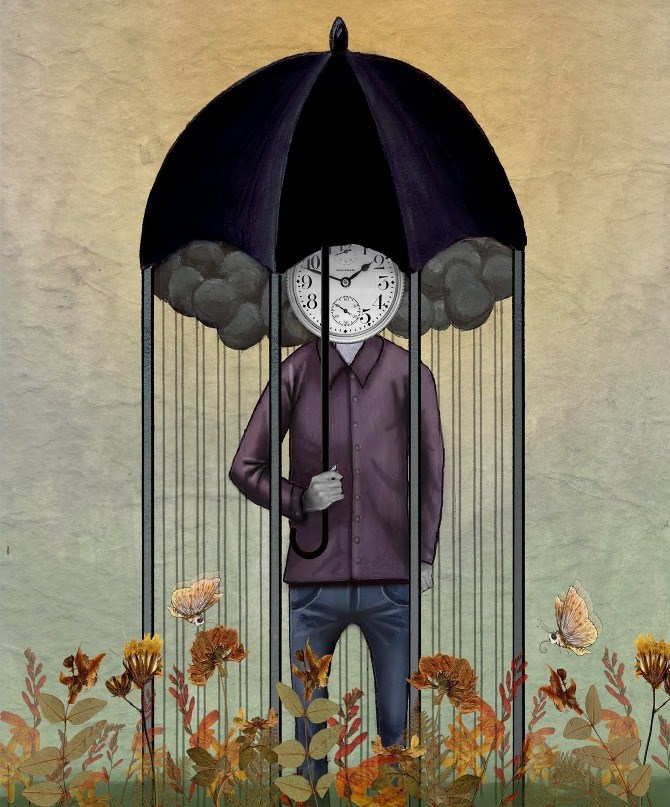 By Guest Blogger Dr. Robert Gore
By Guest Blogger Dr. Robert Gore
I was talking to a friend of mine and she was complaining about how she finally realized that summer was over. She complained about how "the weather sucked," she couldn't get a tan anytime soon and that she needed to get to the Caribbean. *Pause* She looked at me and I must have had the look on my face that said, "I don't care" or the look that I usually have when I'm not paying attention to the person talking to me (that look has not changed since the 3rd grade).

When I regained consciousness and realized that she was really serious about her actually being upset about the weather I decided to be more compassionate about what she was experiencing instead of telling her how happy I was that the weather was getting cooler and that if was praying for snow and a nor'easter so that my alter ego a.k.a "The Black Avalanche" could get to the mountains and go snowboarding (while I'm writing this I'm am multitasking and praying for snow).

But on a serious note, the "winter blues" also known as Seasonal Affective Disorder (S.A.D.), is real and is associated and accompanied with real symptoms. According to WebMD, S.A.D. is defined as "a type of depression that affects a person during the same season each year. If you get depressed in the winter but feel much better in spring and summer, you may have S.A.D."
It typically tends to effect individuals in the winter months or in places that have a low levels of sunlight during specific times of the year. You tend to see more cases the further people live from the equator. How can you tell if you have S.A.D.? Those affected by seasonal affect disorder may experience:
- feelings of sadness/depression
- difficulty waking up in the morning (beyond the normal difficulty)
- a decrease in the things that normally seem interesting
- low energy
- low interest in sex
- feeling extra moody/temperamental (fellas don't go there)
- change in appetite (decreased for some, increased for others)
- poor concentration at work, school or in your home life
If you haven't already noticed, many of the symptoms of S.A.D. are the very same symptoms that are commonly seen in people experiencing depression. It's not uncommon for most people to experience these symptoms from time to time in a transient fashion.
But when these symptoms remain present for prolonged periods and start to affect your day-to-day life, i.e. work, family, friends, and health, to name a few, you may require professional help from a therapist, counselor or in extreme cases a psychologist or psychiatrist. Part of realizing that there is a problem is recognizing that one actually exists.
For more information about the winter blues check out www.webmd.com. As always, if you feel you may be a danger to yourself (feeling like you want to hurt yourself) please call 911 or contact a medical professional for further help.
Robert Gore, MD is an Emergency Medicine physician in Brooklyn, NY




